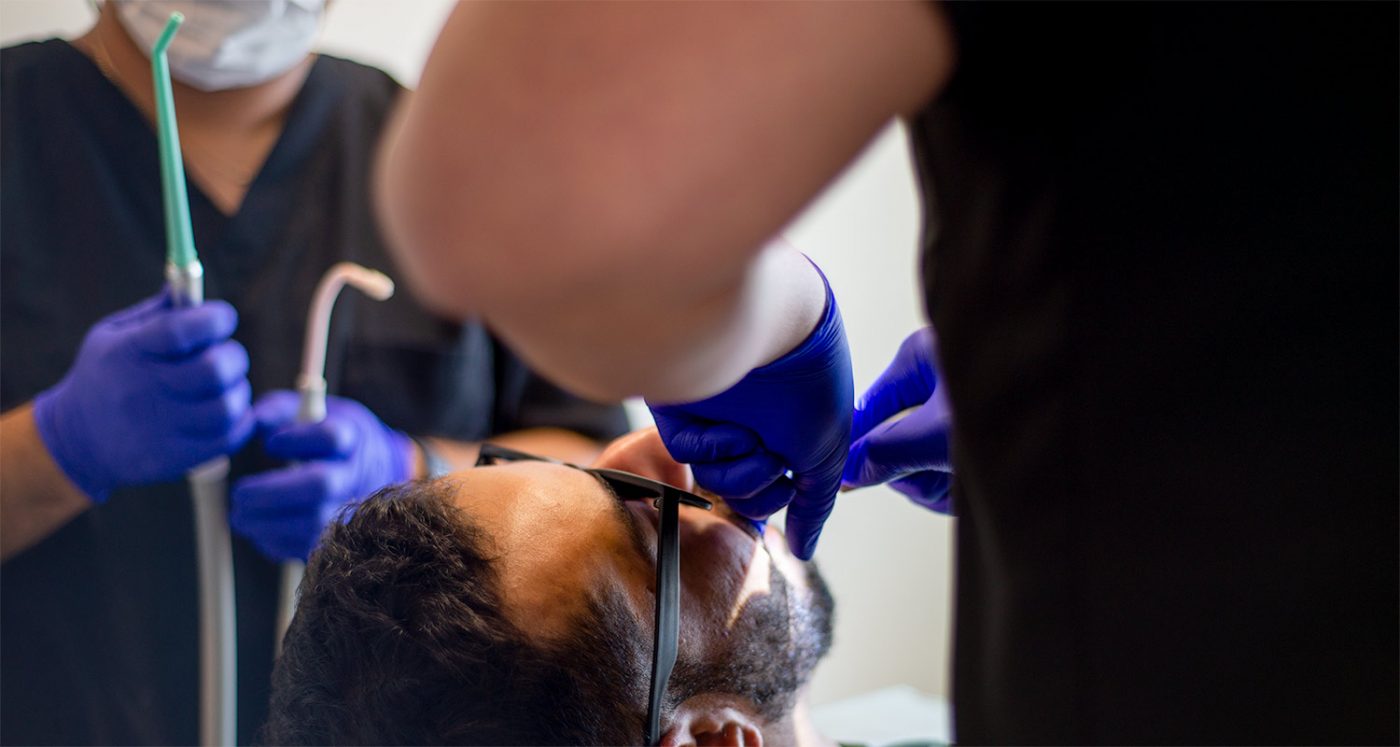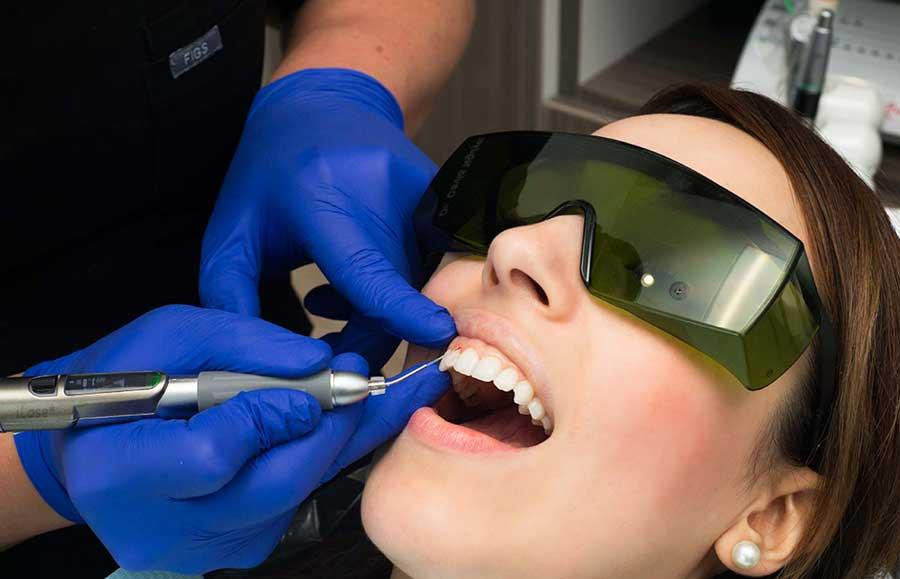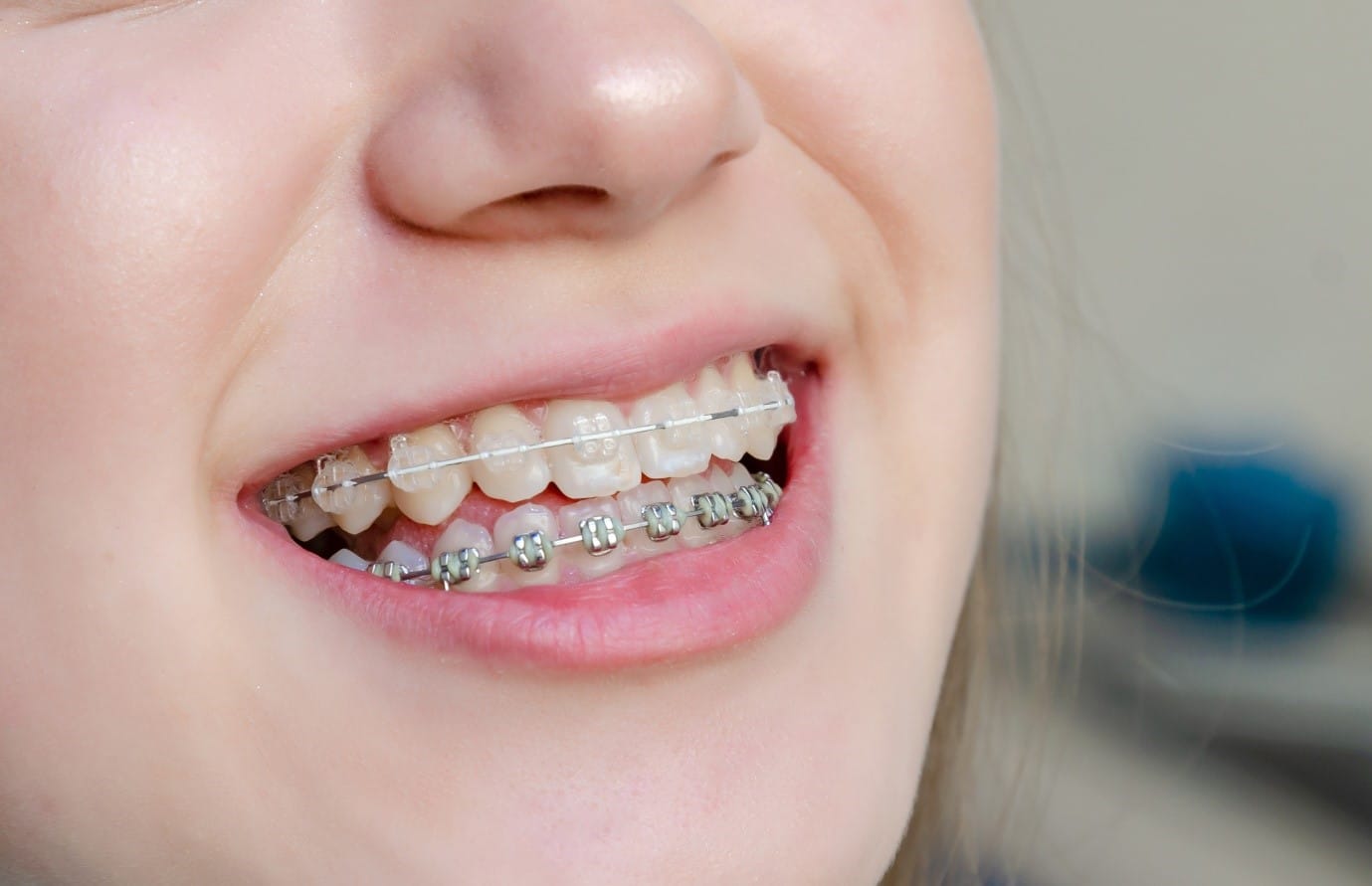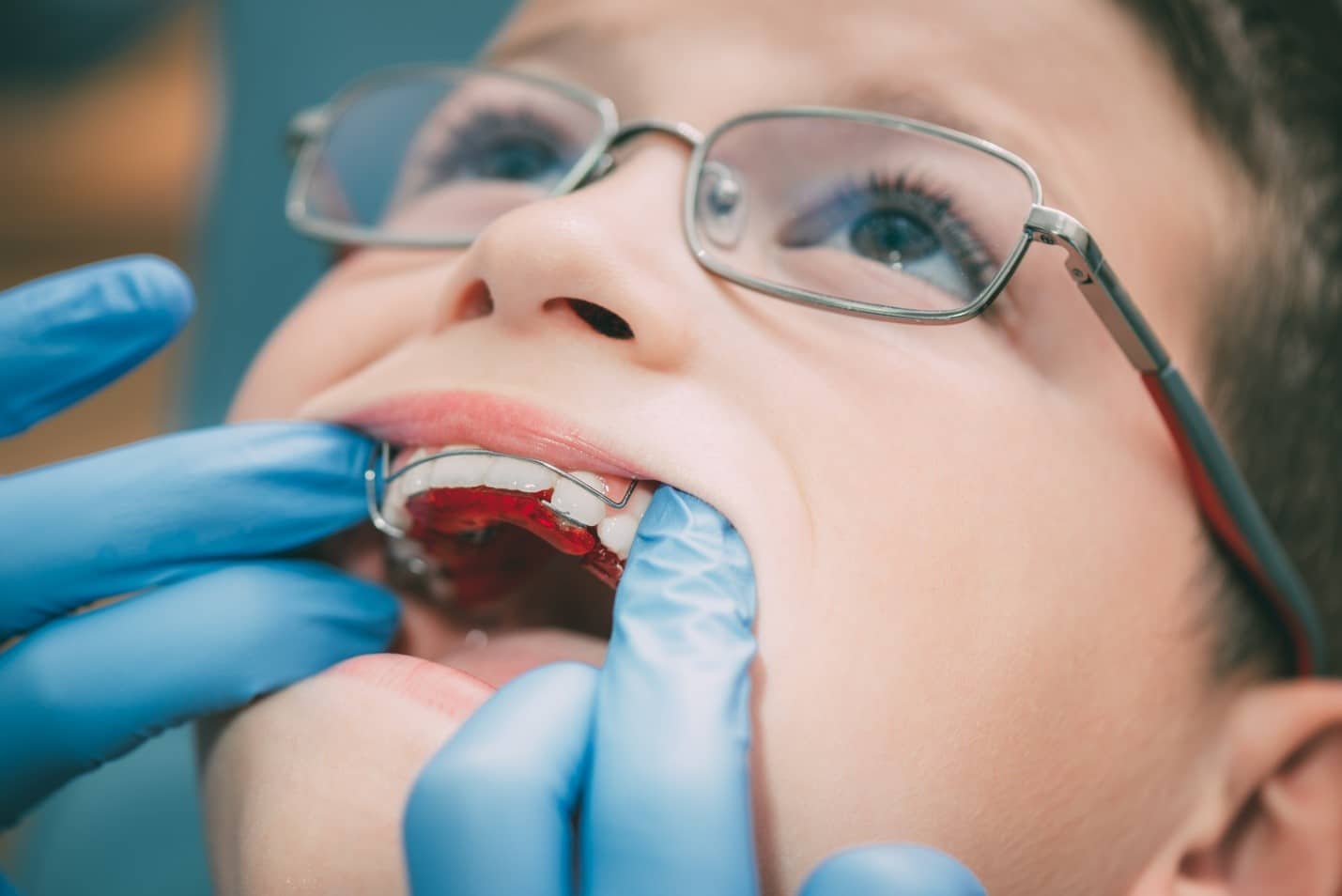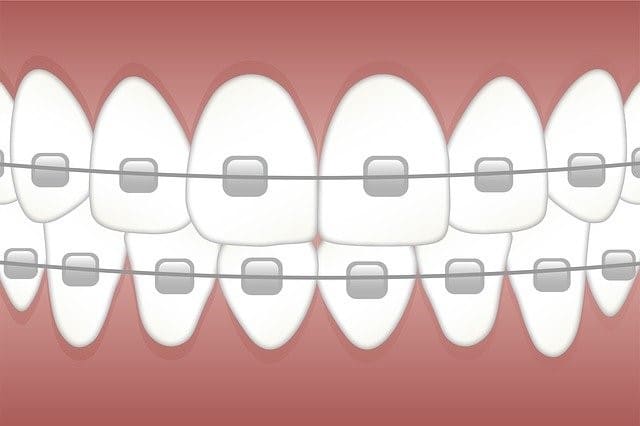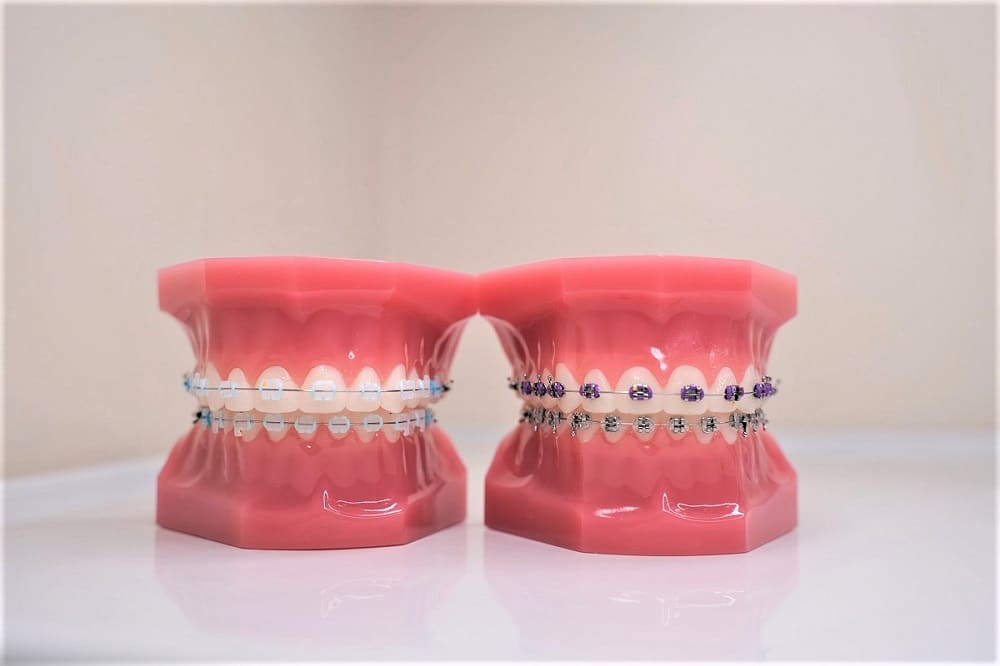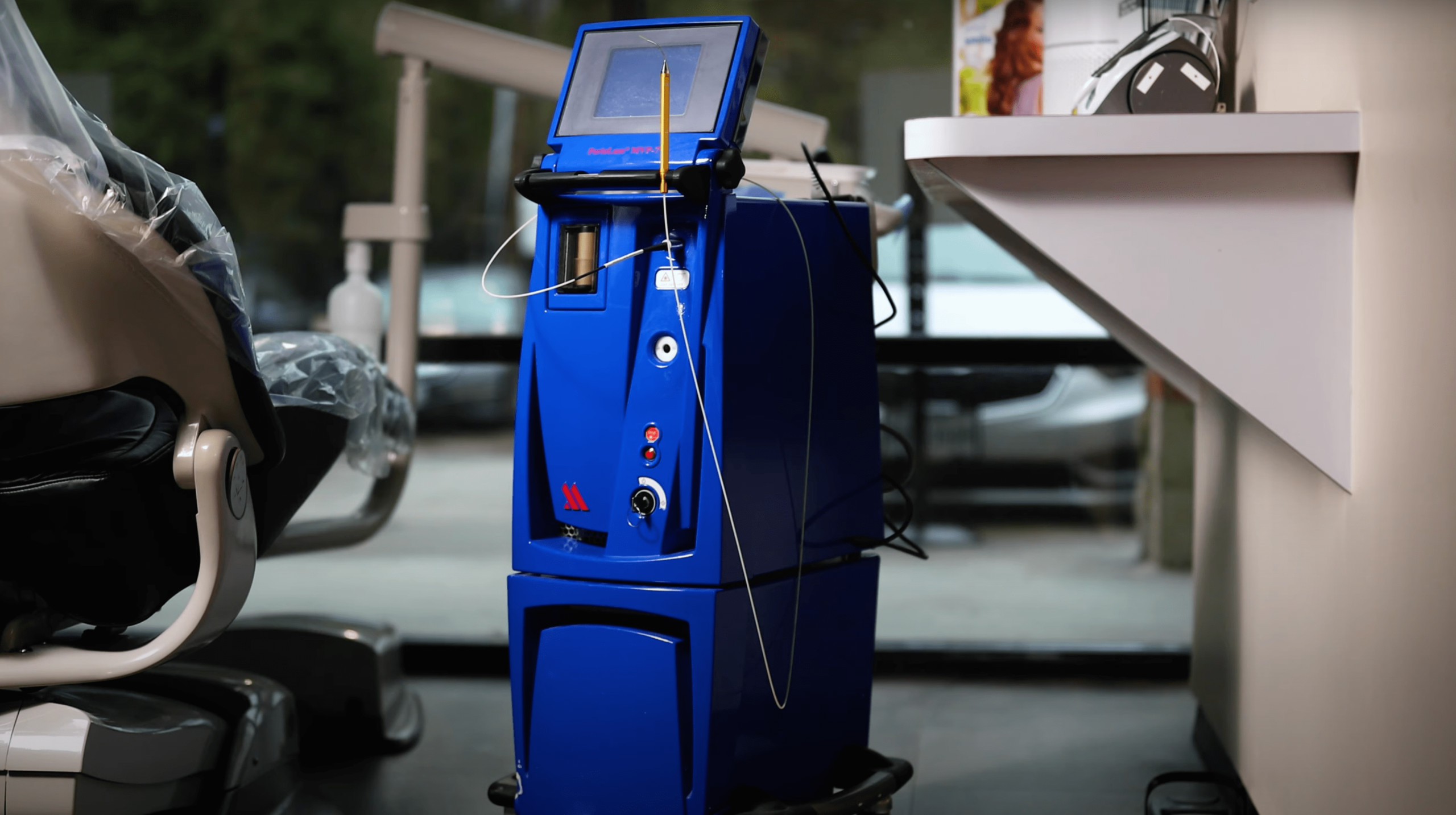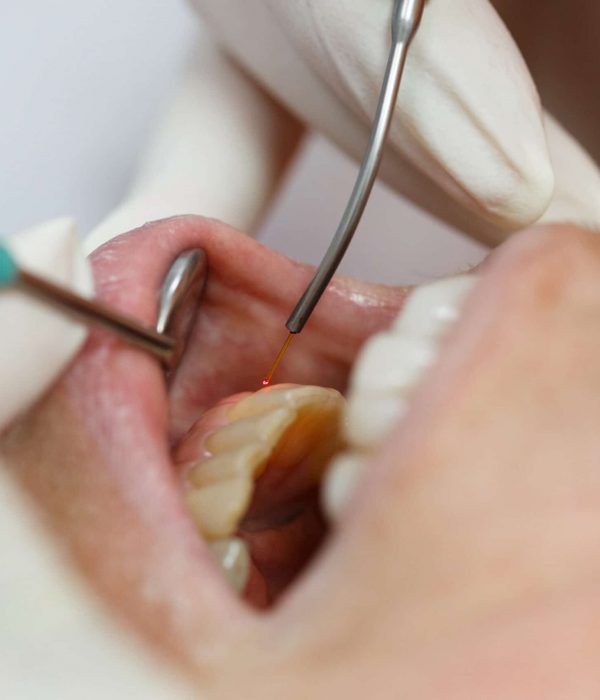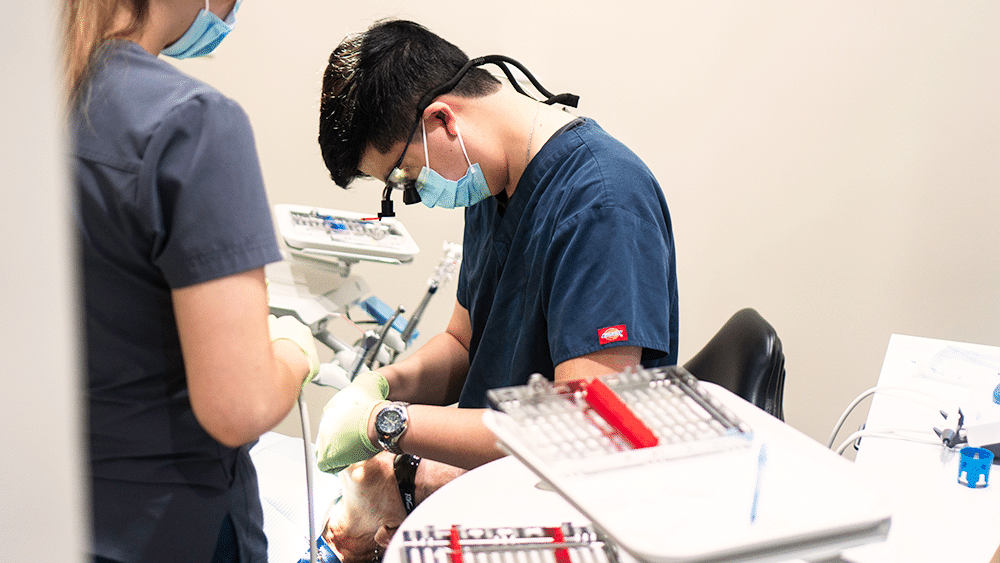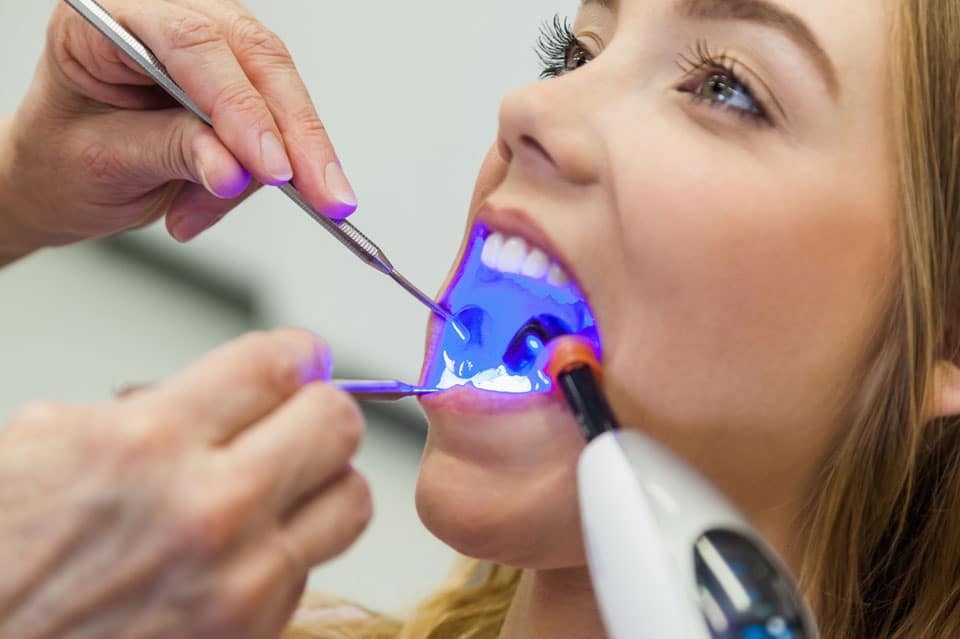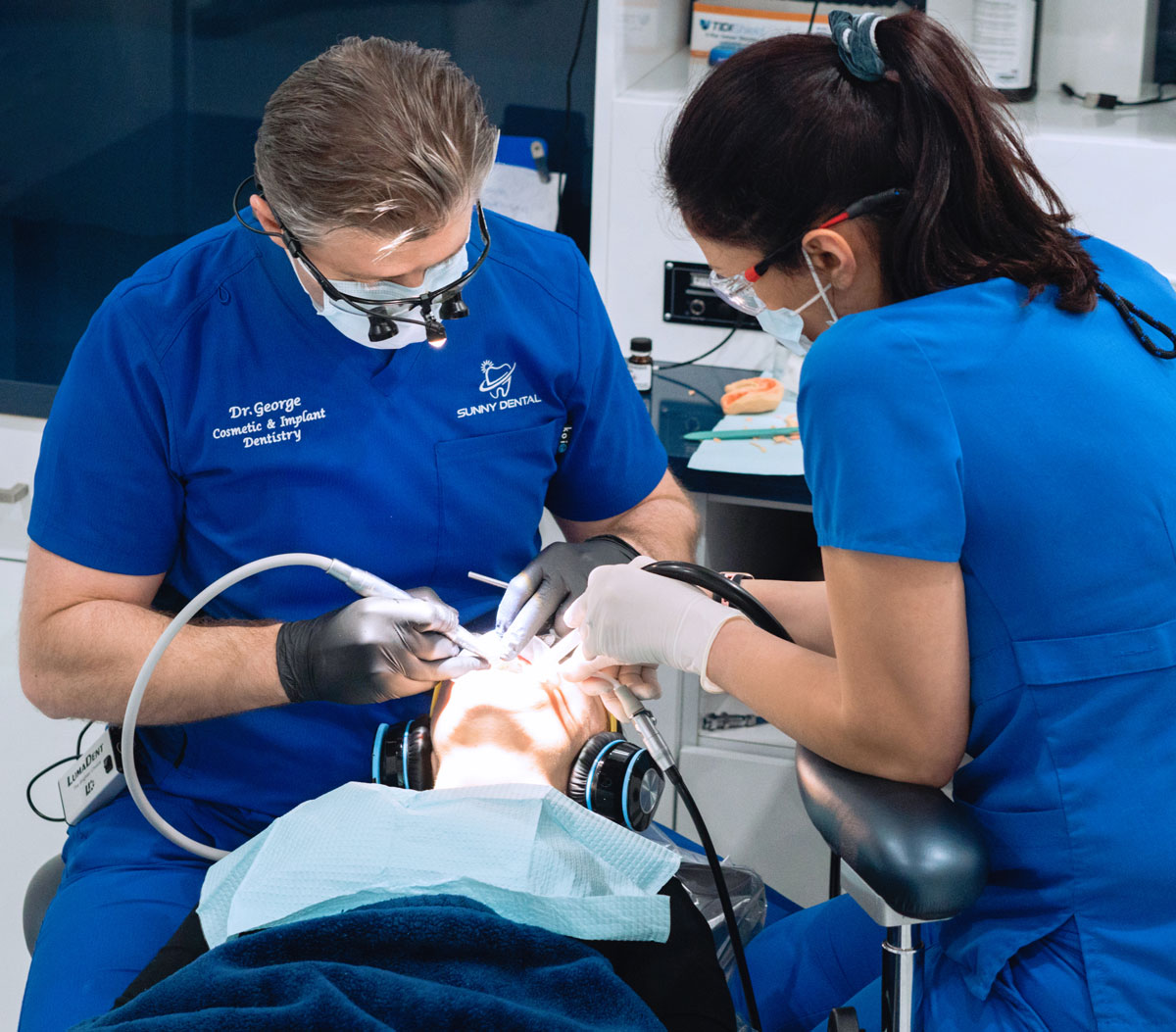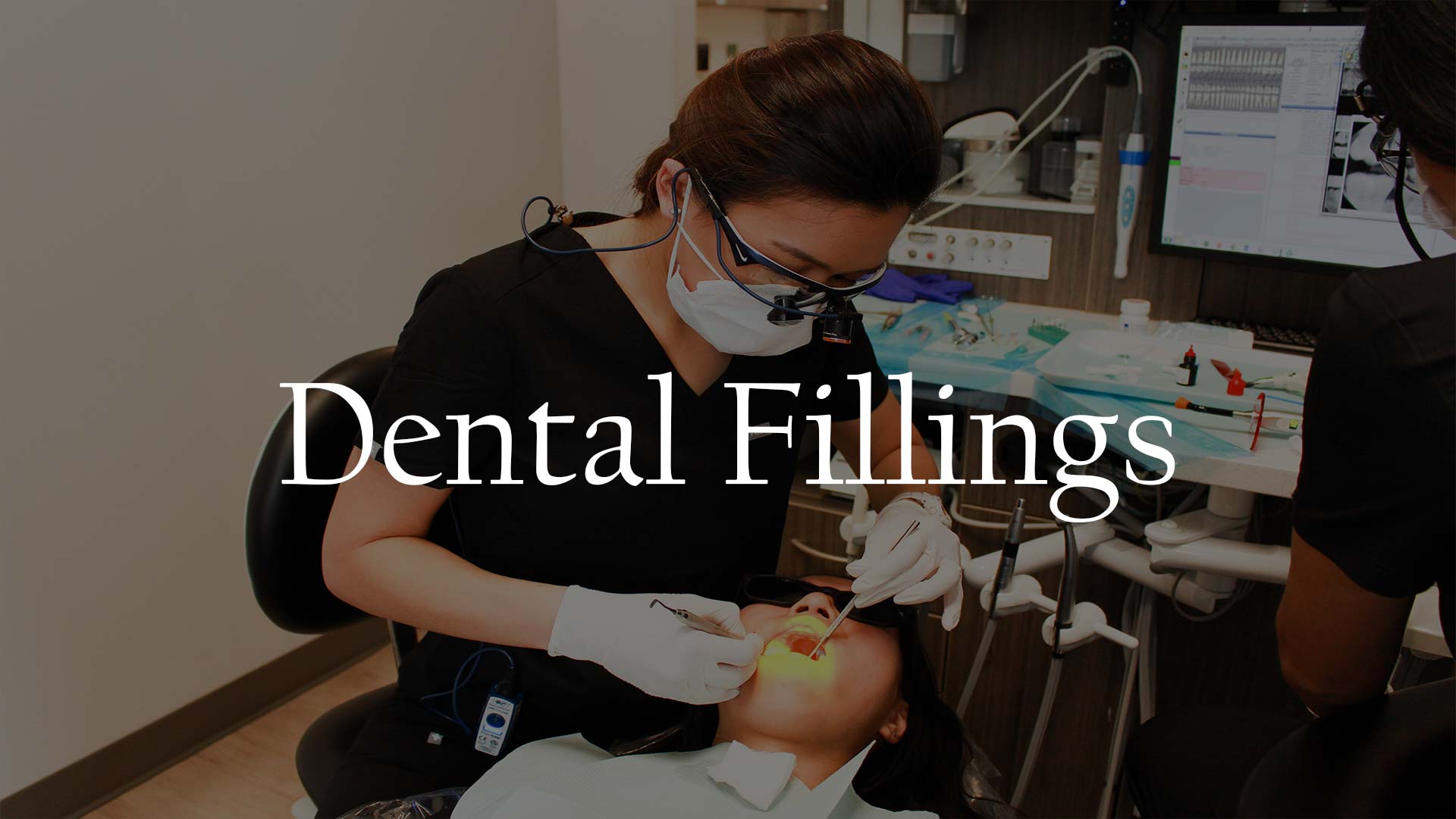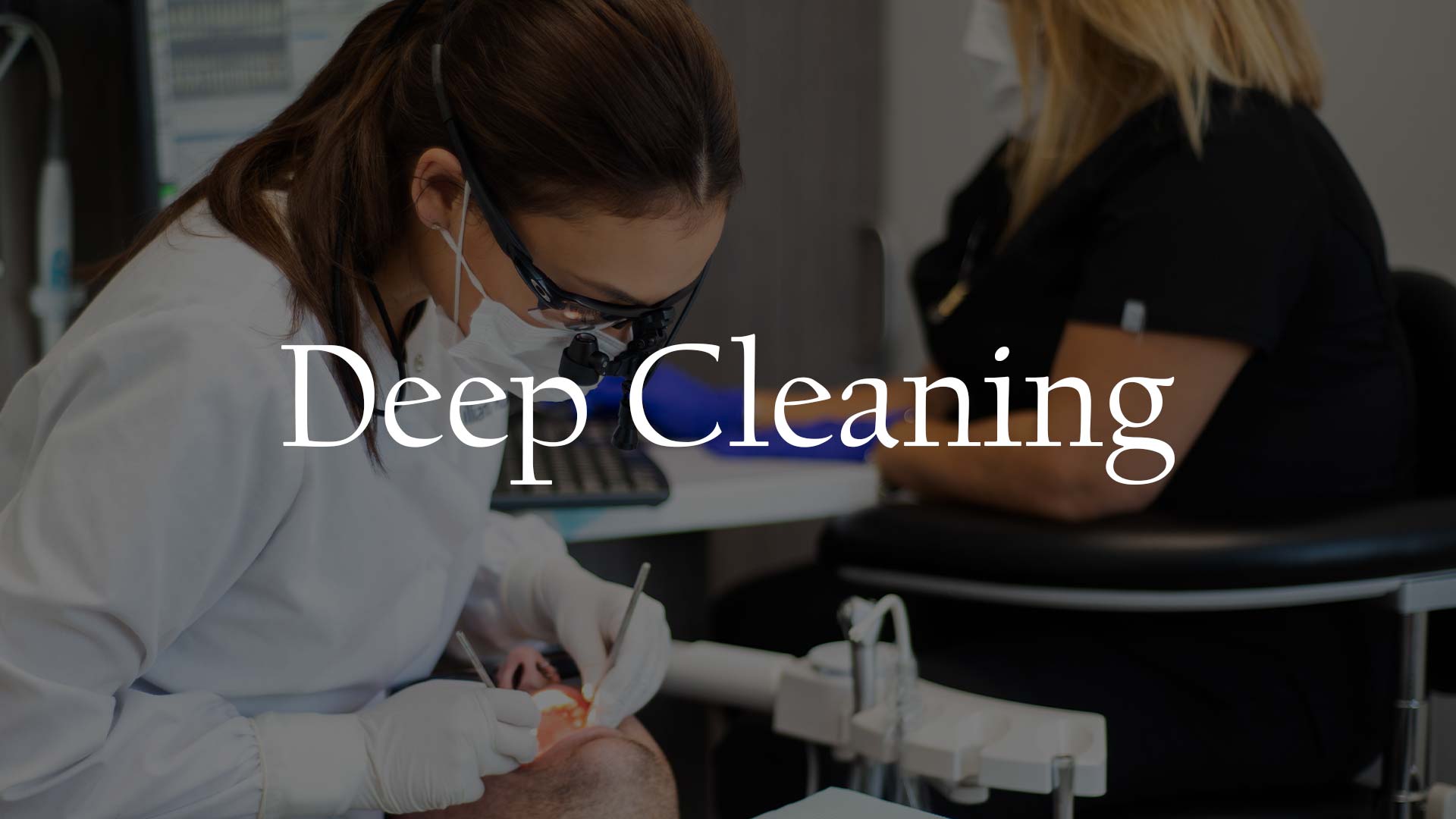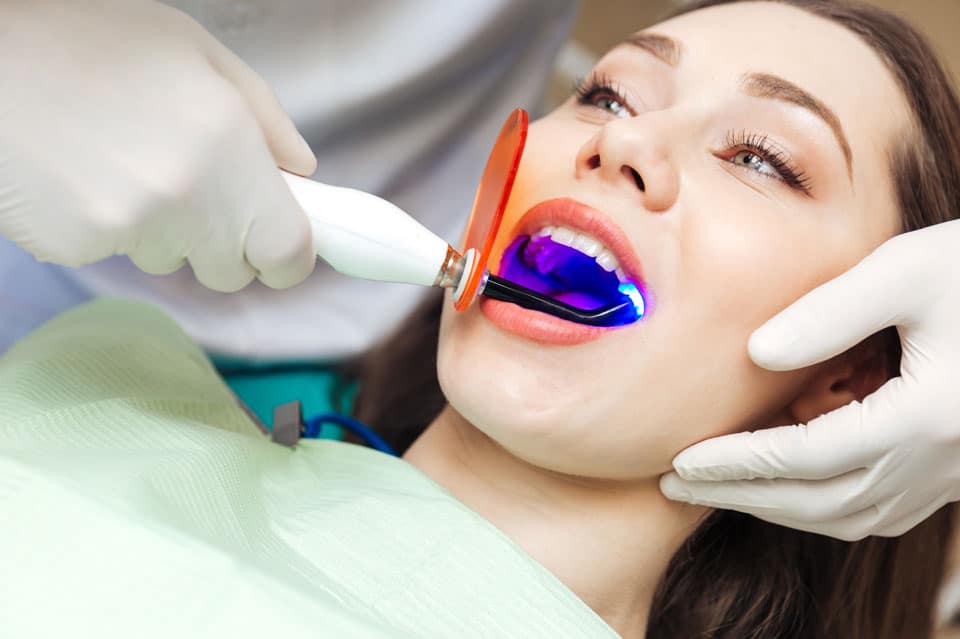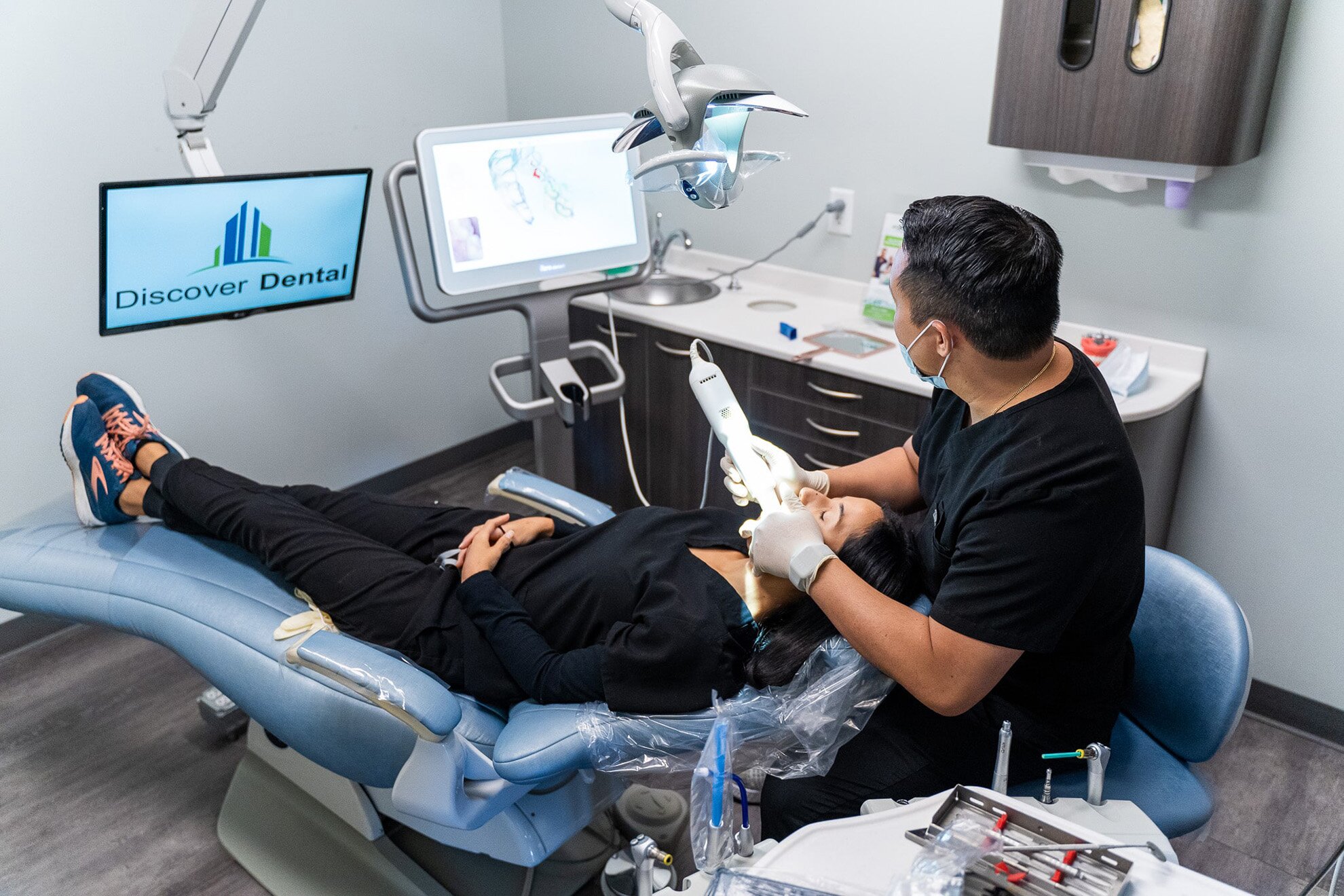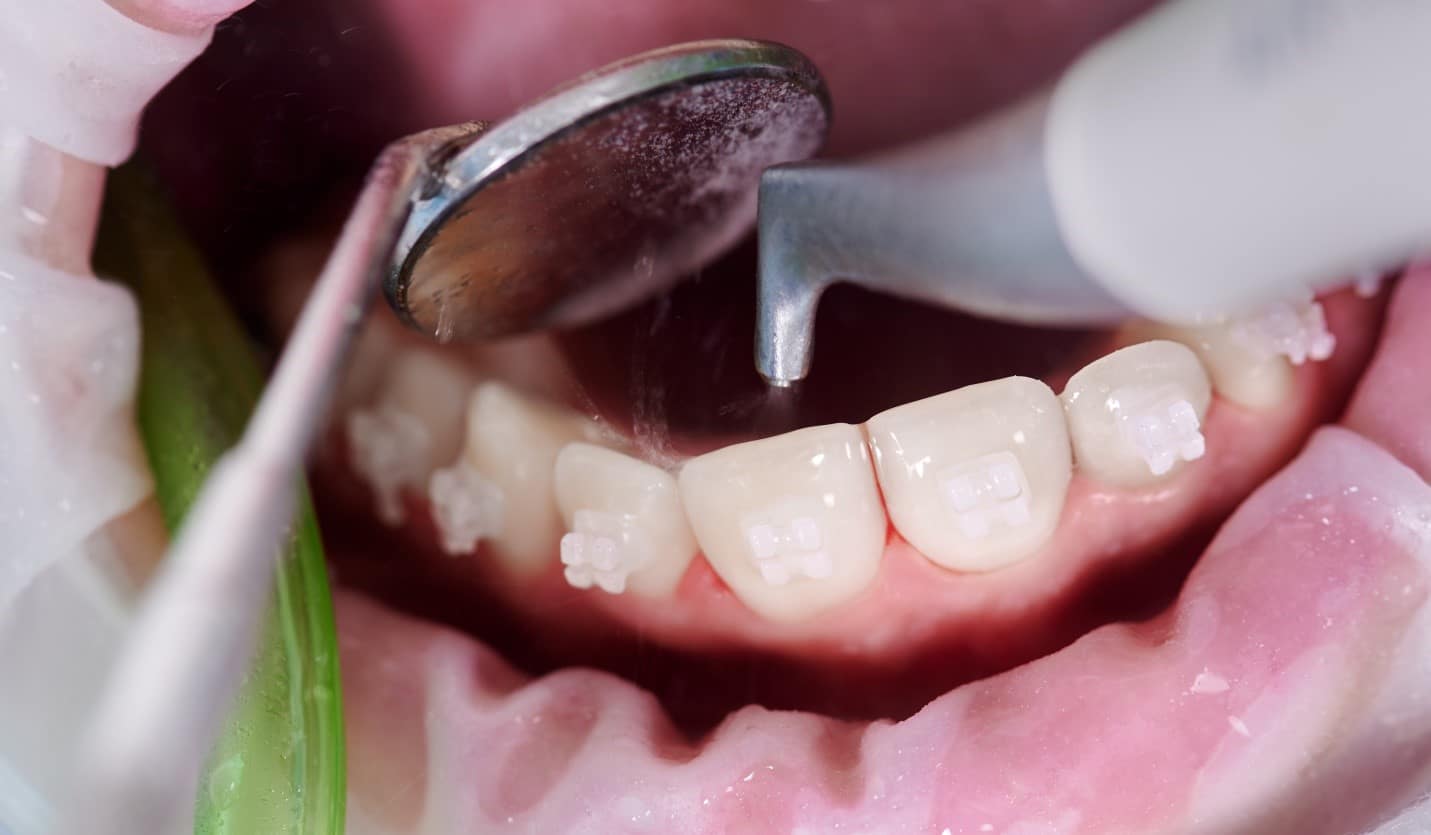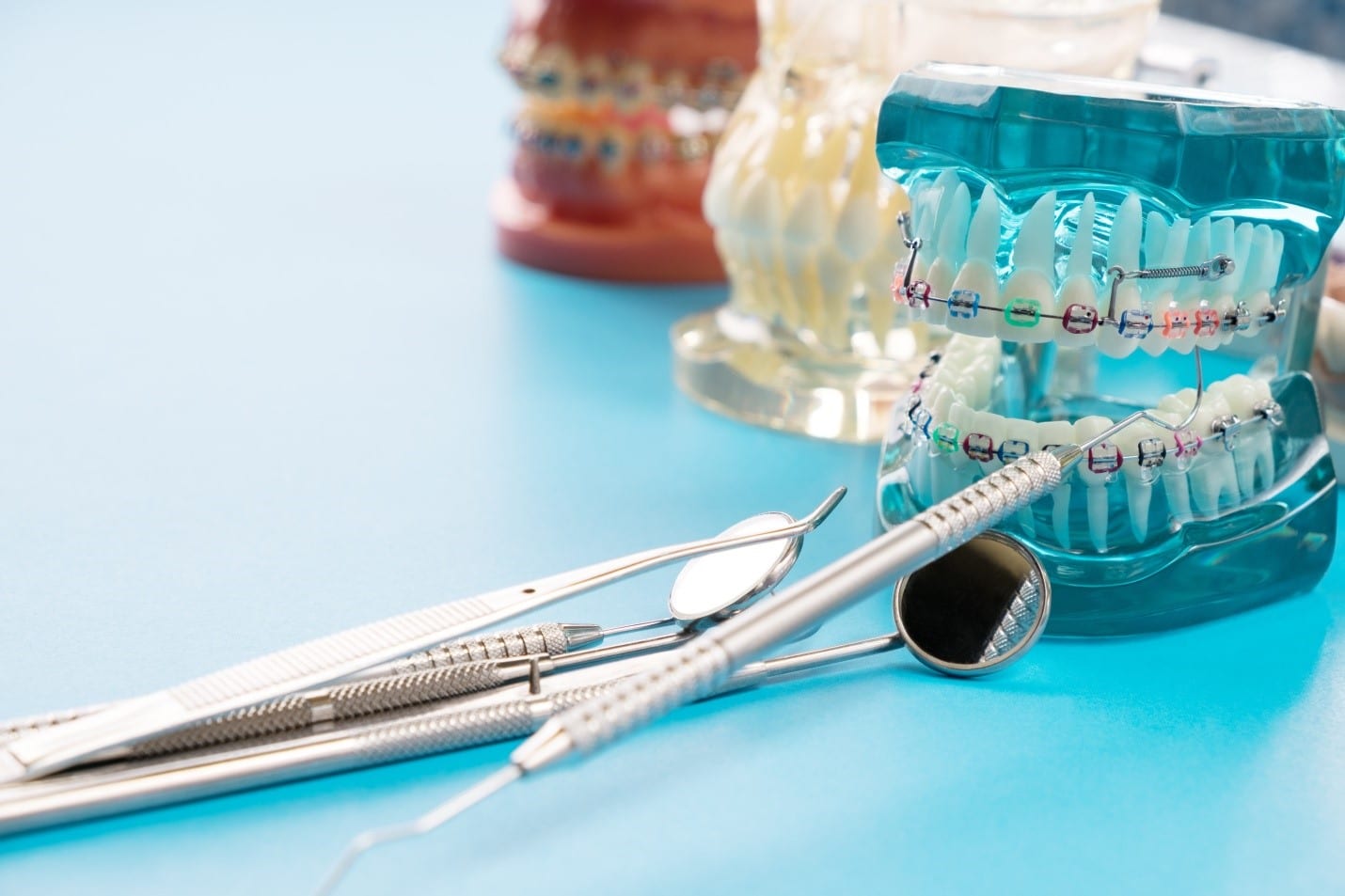Are you worried that your teeth are not aligned in the proper way, which is leading to the low esteem in public?
Then you don't need to worry now as an Invisalign Treatment is available by the dentist, which can improve your smile quickly. Continue reading the whole article to know about the benefits and wonders that Invisalign Treatment does.
Now the question arises what does the term Invisalign Treatment mean?
Invisalign Clear Aligners are an orthodontic treatment that helps teeth straighten with transparent braces. Invisalign is a series of custom-made braces that covers your teeth and gently pull them into the required position. Because they are clean and clear and can be removed easily while brushing or eating, people can hardly see them during the procedure. Invisalign Treatment is popular among many youngsters and adults.
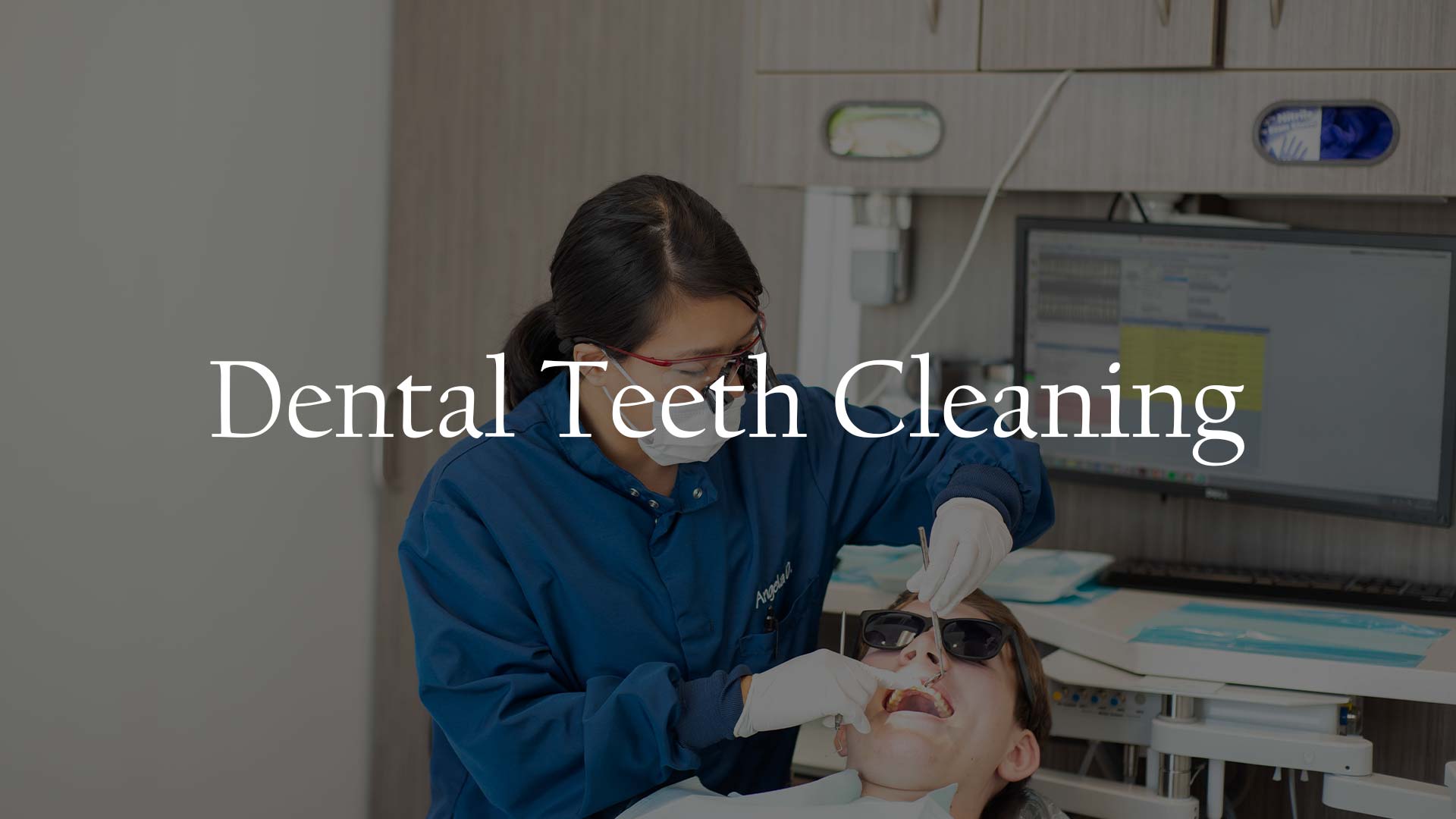
Why are these braces more popular?
The answer to this is that this is because, during the procedure, they make your mouth weird. However, with Invisalign clear braces, there are no metal wires and brackets. Also, you feel more comfortable and beautiful and need fewer visits than traditional Treatment.
Are these better than the braces?
The answer again throws light on the positive aspects of the Invilasion Treatment. Here are a few plus points that will directly justify the above question.
- Least notice
- Removable braces
- Durable than traditional braces
- Effective than regular braces
- No restrictions on diet
And this is the reason this is winning the heart of the youngster, as they don't need to maintain and focus on the braces they are wearing.
How is the Invisalign Treatment successful?
It is too good to know the success rate of each Treatment you are taking for health. An orthodontist with Invisalign near me disclosed that Invisalign aligners work effectively as traditional braces for correcting other misalignments and bites. Invisalign Treatment can treat minor to severe misalignment conditions with a success rate of 97%. We have found from customers' studies that the Treatment of 1-year Invisalign offers effective results on the misaligned jawbone.
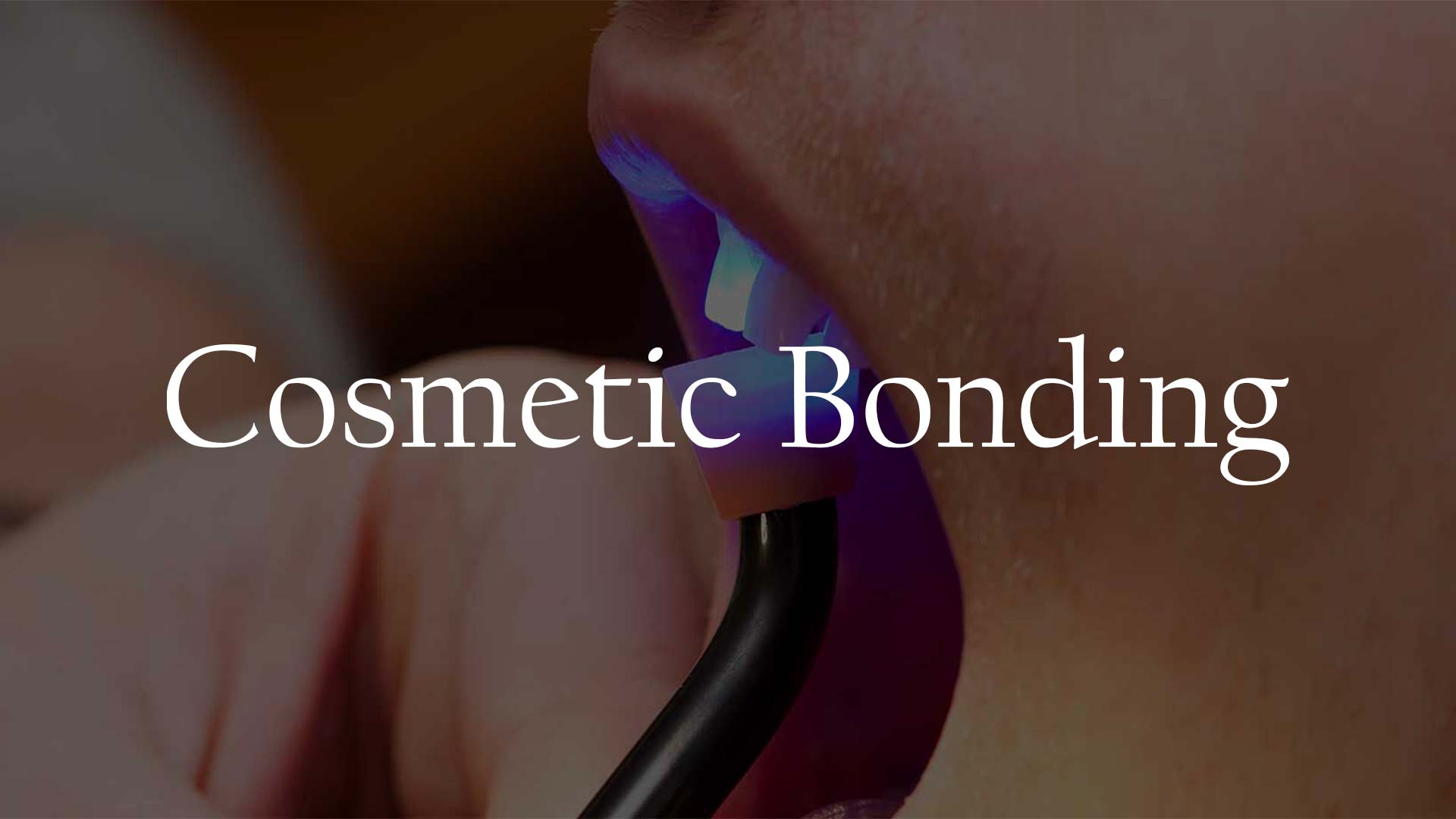
How much time does it take for the successful completion of it?
It is an aligner that uses a plastic tray to realign teeth gradually. The trays are worn for 20-22 hours daily and are only removable while eating and brushing your teeth. Such aligners are seen in both the orthodontist and Invisalign Houston offices. Further, the doctor will create a unique 3-D image of the mouth at the first visit. Such custom-made aligners are then used to make the Invisalign trays for the teeth.
Conclusion :
Suppose you are suffering from knocked, chipped, or misalignment. You should consider visiting a dentist for invisalign dentist near me and diagnosis to know your eligibility. This article was a great piece of help in making your decision about Invisalign Treatment. We have mentioned above some common and most-asked questions before getting it done.
Article source : https://www.healthandhealthytips.com/why-do-people-prefer-invisalign-treatment/
